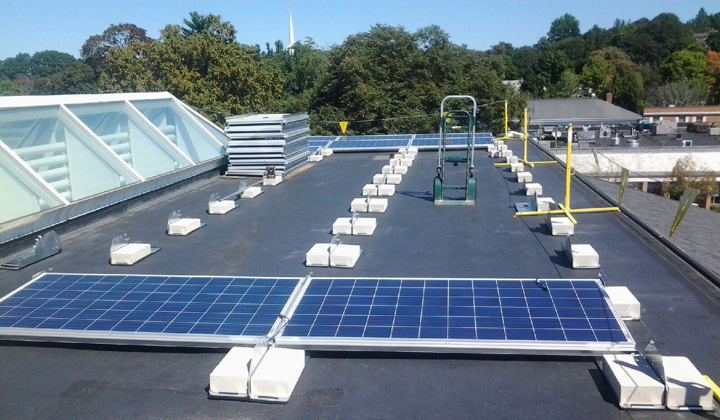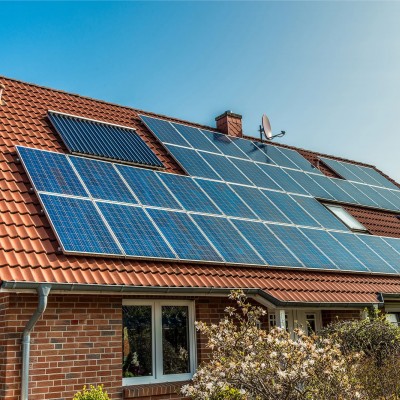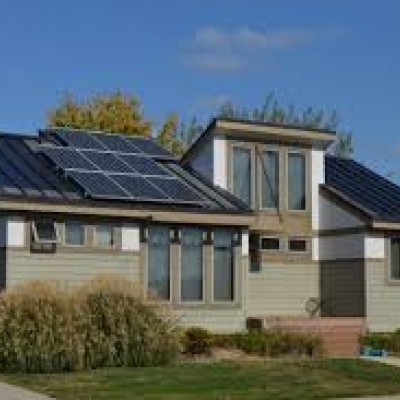The Best of Times, The Worst of Times

You say solar is working in Massachusetts. I hear conflicting reports.
It was the best of times, it was the worst of times. Massachusetts has had an incredible string of solar successes. We are a national leader in solar power. The Commonwealth ranks 2nd nationwide for the number of solar jobs created and 4th in terms of total installed capacity. The solar power systems installed in Massachusetts generate enough electricity to power 120,000 homes.
And solar power does more than keep the lights on—it’s powering the Massachusetts economy. Every dollar invested in solar creates 3 times more jobs than investing that same dollar in fossil fuels. The solar industry is the fastest growing sector of our economy, creating over 12,000 jobs in the last few years. We are reducing our emissions and starting to make the transition to a clean energy economy.

But… You knew there was going to be a but in this story. But, the utility industry sees solar as a threat to their business and has asked the legislature to impose tight limits on the amount of solar that can be installed in their territories.
Well we’ve now hit those limits in National Grid’s territory, which is responsible for roughly half of all solar installations in the state. This is directly affecting local businesses, municipalities, and residents waiting for community shared solar projects to come on line. They are all being told that their opportunity to go solar has been put on hold – indefinitely. National Grid currently has 43.5 MW of solar projects on hold today that will not get built unless the caps are raised. To see the current status, go to bit.ly/netmetercaps.
To put that into perspective, that is more solar than Massachusetts installed during the entire year of 2011. Those projects are worth $150 million to our economy with $45 million of those dollars flowing into Massachusetts from federal government investment tax credits.
It was the age of wisdom, it was the age of foolishness. In 2008, the Commonwealth enacted the Global Warming Solutions Act that established emission reduction targets of 25% by 2020 and 80% by 2050 and also created the net metering policies that have enabled the fabulous growth of solar in Massachusetts. But we still have a long way to go to hit those emissions reduction targets. Even with solar’s fantastic growth over the past 5 years, solar is still only providing 1.5% of the state’s electricity. We need to be accelerating our transition to renewable energy, not putting it on hold. It is time for the legislature to lift the caps on solar power growth once and for all.


